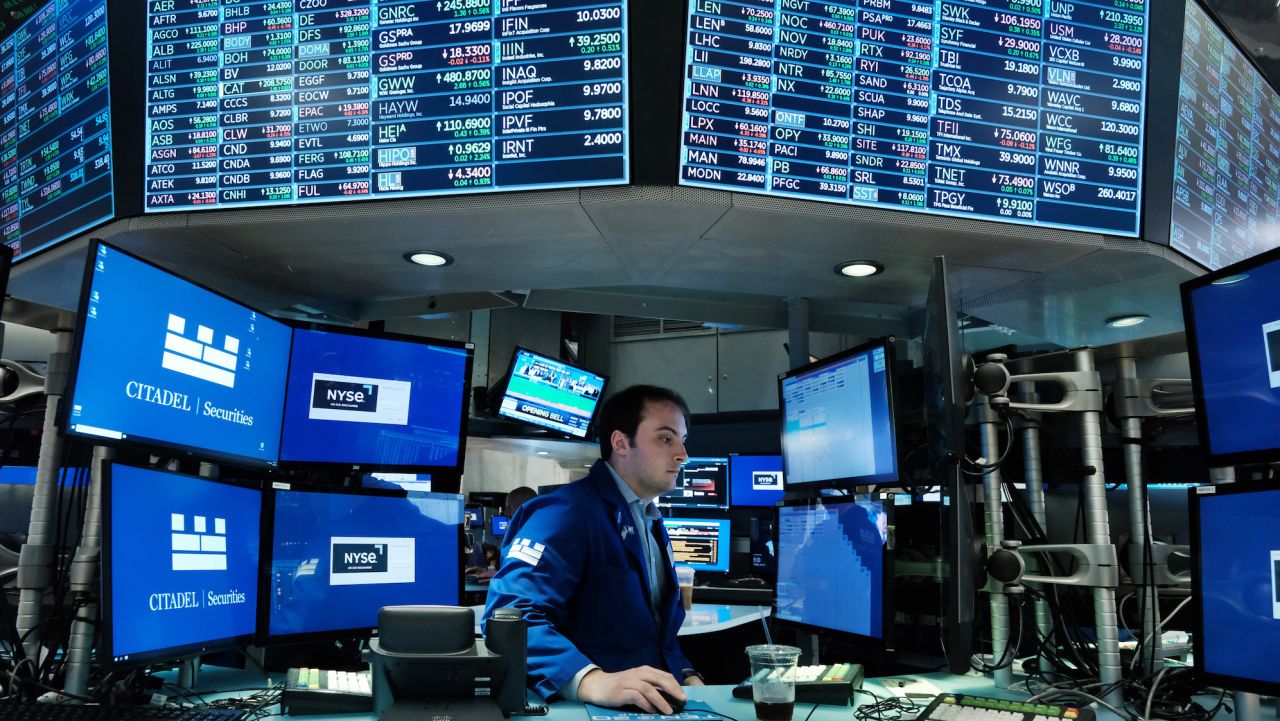U.S. Faces Elevated Recession Risk as Shifts in Monetary Policy and Immigration Tighten Growth Outlook
U.S. Faces Elevated Recession Risk as Shifts in Monetary Policy and Immigration Tighten Growth Outlook
By
David Goldfarb
Last updated:
August 5, 2025
First Published:
August 5, 2025

Photo: CNN
The risk of a U.S. recession is growing, and it’s being fueled by a combination of restrictive monetary policy, immigration constraints, and de-globalization efforts, according to Carmen Reinhart, Harvard professor and former chief economist at the World Bank.
Speaking on CNBC’s “The Bottom Line,” Reinhart emphasized that recession risks are now “higher than average” as the U.S. navigates a period marked by heightened financial volatility, policy unpredictability, and a fundamental shift in its economic trajectory.
A Volatile Policy Landscape Is Reshaping Economic Stability
Reinhart cited several headwinds contributing to today’s fragile economic environment:
- Rising interest rates, driven by persistent inflation
- Financial market instability, with tighter credit and equity volatility
- Uncertainty in fiscal and trade policies, including continued debate over tariffs
- Tensions between the Federal Reserve and political leadership, including criticism from President Trump
“We have policy uncertainty from all angles,” Reinhart said. “Tariffs, Fed independence, geopolitical risk—these all contribute to market volatility and longer-term growth risks.”
According to the CBO, U.S. federal debt held by the public is projected to rise from 99% of GDP in 2024 to 116% by 2034, adding further pressure to interest rates and long-term fiscal sustainability.
Immigration and Globalization: Key Drivers of Growth at Risk
Reinhart also pointed to shifting immigration policy and “reshoring” trends—efforts to bring manufacturing back to U.S. soil—as structural threats to long-term productivity and workforce growth.
She warned that the U.S. population growth rate, already near historic lows, could slow even further without pro-immigration policies. In 2023, U.S. population growth was just 0.5%, according to Census Bureau data—the second-lowest since the 1930s.
“President Trump’s stance on immigration and globalization may result in labor shortages that weaken future output,” Reinhart said. “That has long-term implications for GDP growth and innovation.”
She added that the assumption manufacturing can be easily brought back to the U.S. is overly optimistic:
“We shouldn’t be overly confident that a lot of the manufacturing that left will ever return.”
This aligns with recent data from the Peterson Institute for International Economics, which suggests that U.S. reshoring initiatives have had only modest success, with high costs and long timelines stalling domestic manufacturing growth.
From Cold War to Economic Fragmentation?
Reinhart warned that a trend toward economic isolationism—echoing Cold War-era fragmentation—could result in reduced global cooperation, tighter capital flows, and greater supply chain inefficiencies.
“More globalization, more cooperation is better for everyone,” she said, “than entering into a fragmented system with protectionist barriers and geopolitical blocs.”
The IMF has similarly warned that a divided global economy could shrink global output by 1.2% to 7% over the long term—an impact equivalent to $1.4 to $8 trillion in today’s dollars.
What Can Americans Do to Prepare?
Reinhart offered practical advice for individuals and businesses alike:
- Invest with a longer-term horizon to hedge against cyclical volatility
- Diversify operations and investments across regions and sectors
- Avoid overconfidence in near-term economic forecasts, as risks remain elevated
“This is a time to be cautious, thoughtful, and globally aware,” she said. “Policymakers and citizens alike should prepare for an era of slower growth and higher uncertainty.”
The U.S. economy may not be on the brink of recession today, but Carmen Reinhart’s analysis suggests we’re moving in that direction unless current trends in policy and population shift. With rising rates, reduced immigration, and an increasingly fragmented global landscape, the risks are building—and the time to plan for them is now.
Popular articles
Subscribe to unlock premium content
Global Cultures and the Hidden Drivers of Productivity and Happiness

The Future of Personalized Medicine

Digital Nomads and the New Global Economy

Global Cultures and the Hidden Drivers of Productivity and Happiness

The Future of Personalized Medicine

Global Cultures and the Hidden Drivers of Productivity and Happiness









